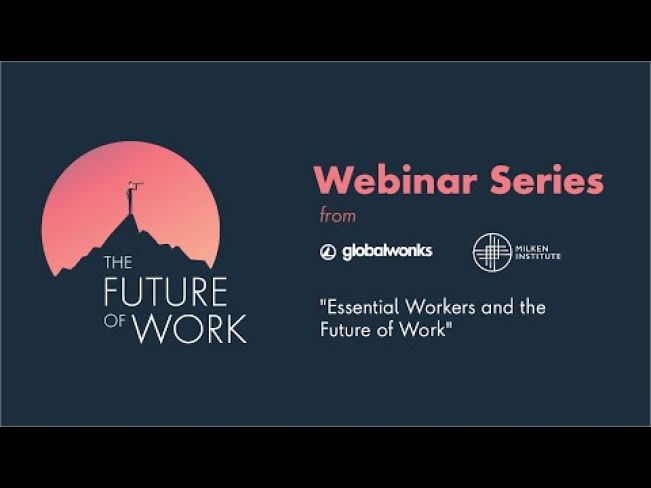Essential workers perform critical roles in our economy. Not only do they report for hospital shifts, but they also perform home deliveries and run the checkout at the local supermarket
However, the COVID-19 pandemic has exposed disparities in essential workers’ access to health benefits, financial services, and social programs. Many essential workers have limited health coverage, while irregular shifts and school closures present challenges for workers who depend on steady income and access to child care. And access to banking can also be challenging for low-wage workers because of requirements and fees. Several technology start-ups have stepped in to provide financial and child care services to essential workers, whether by offering new products or by partnering with government.
Can these data-driven tools provide solutions to gaps in traditional social programs, or are deeper reforms necessary? How is technology changing essential workers’ place in society? And what future do they face beyond the pandemic?


